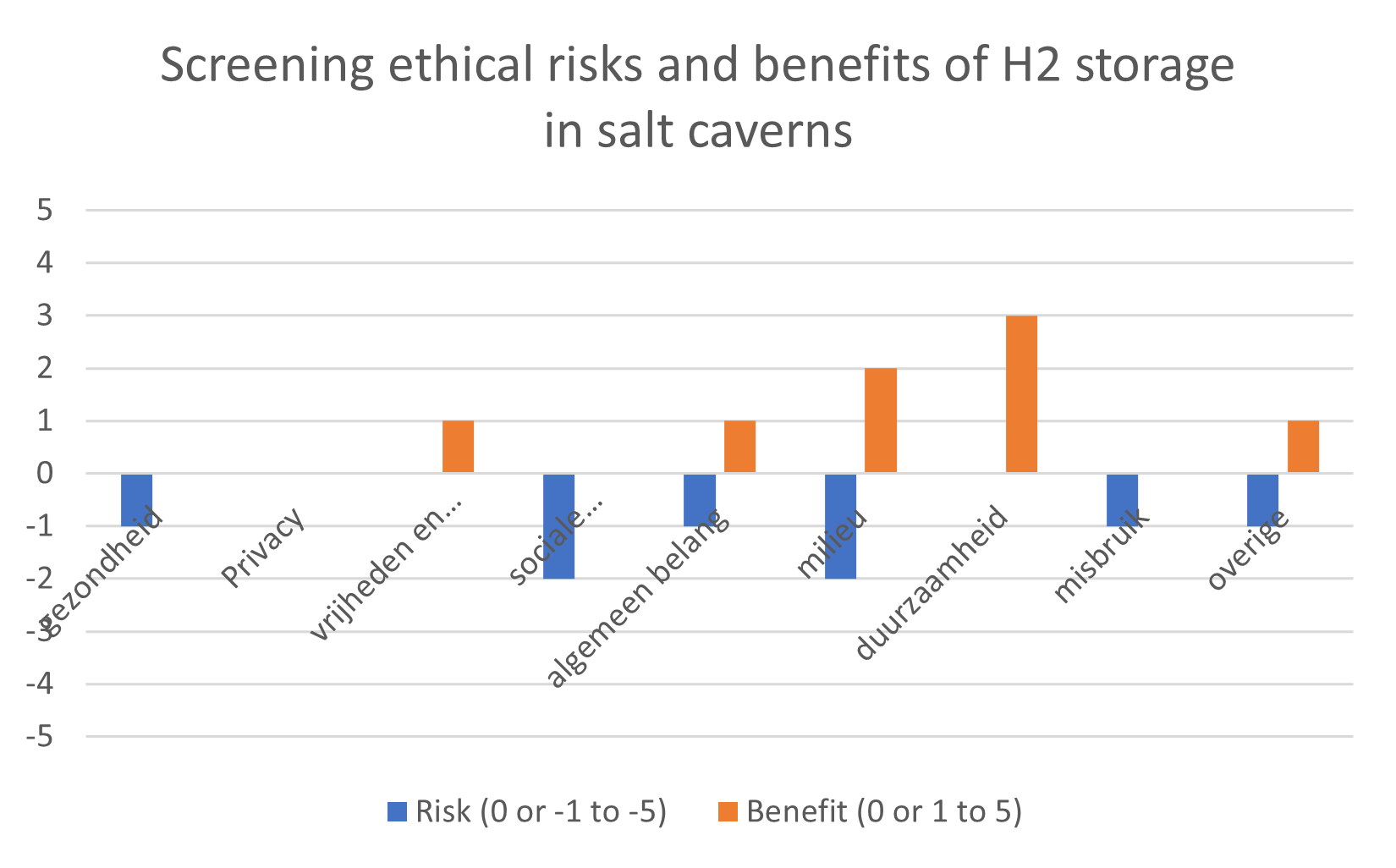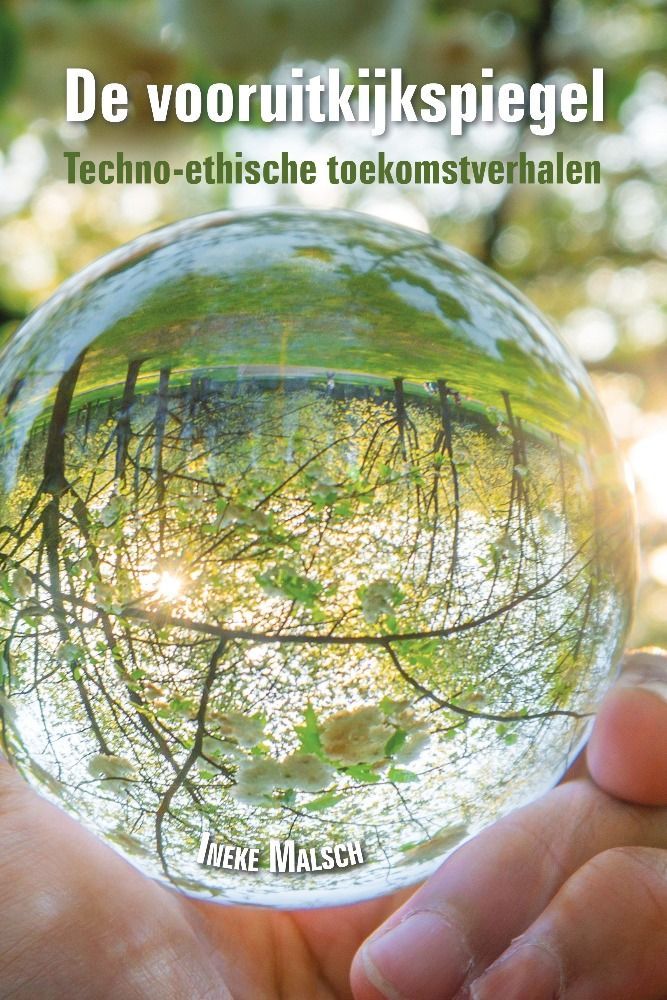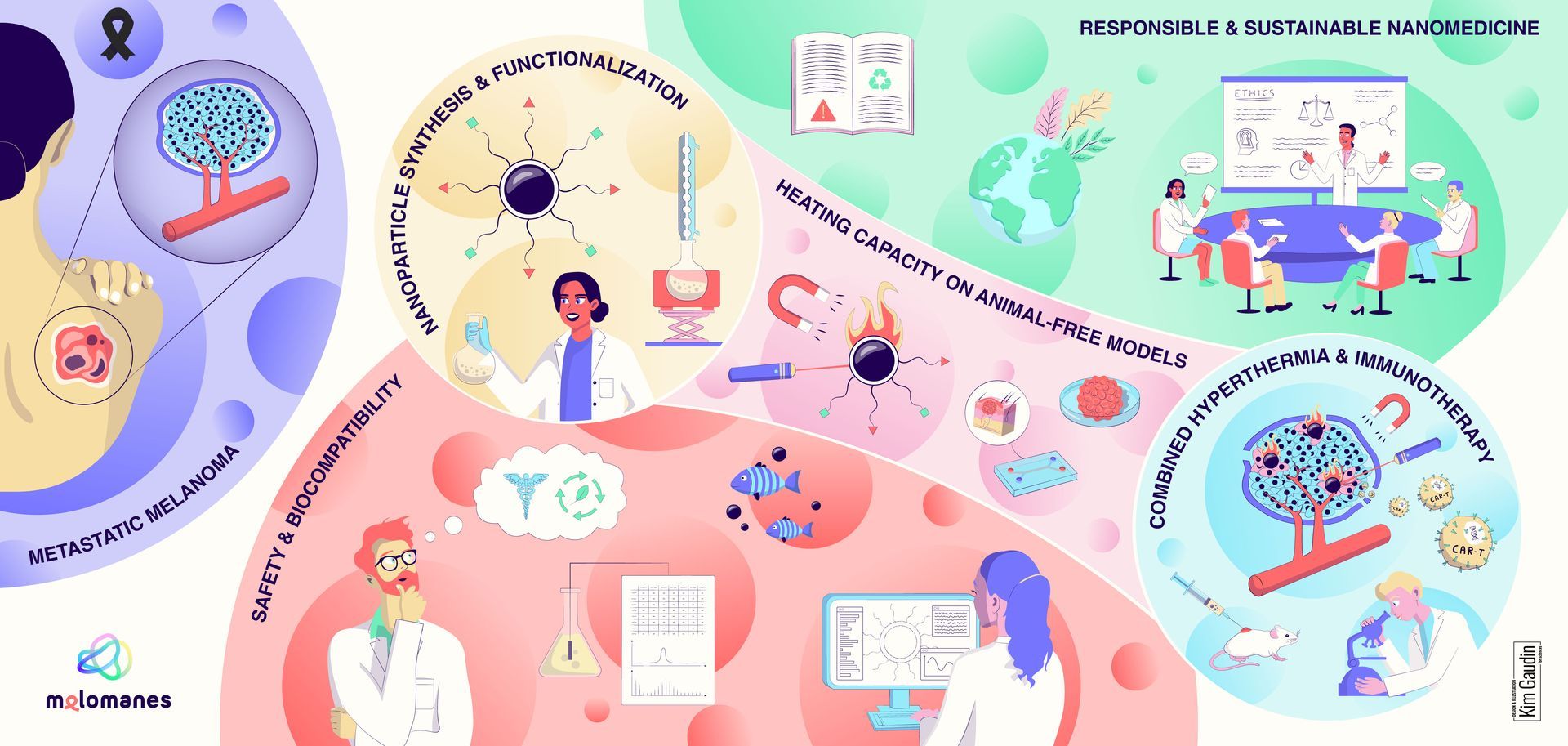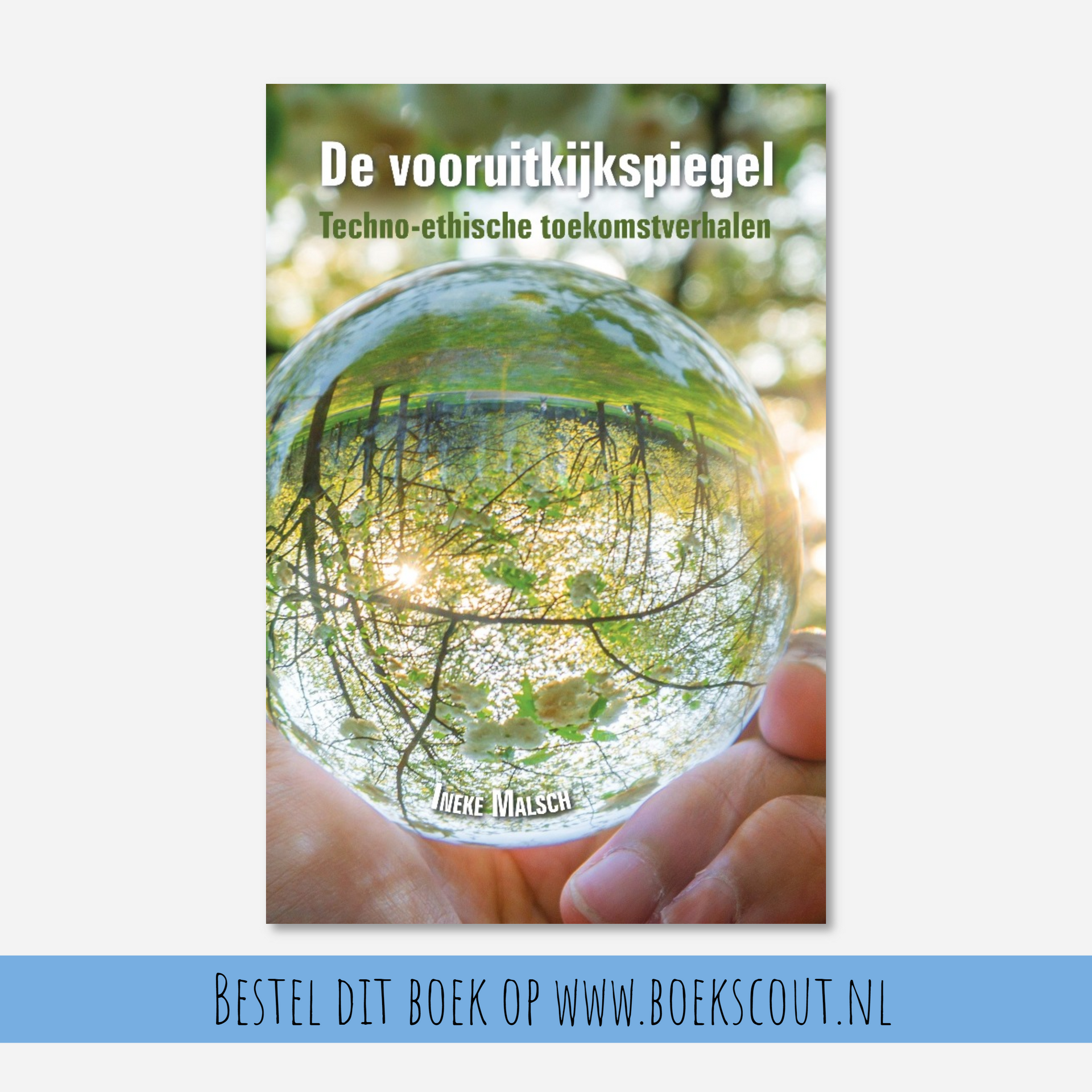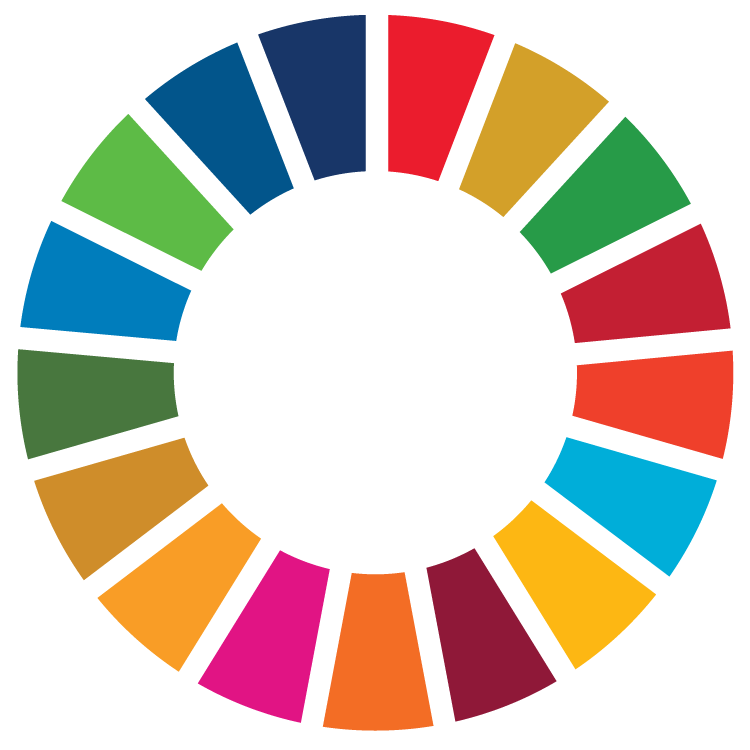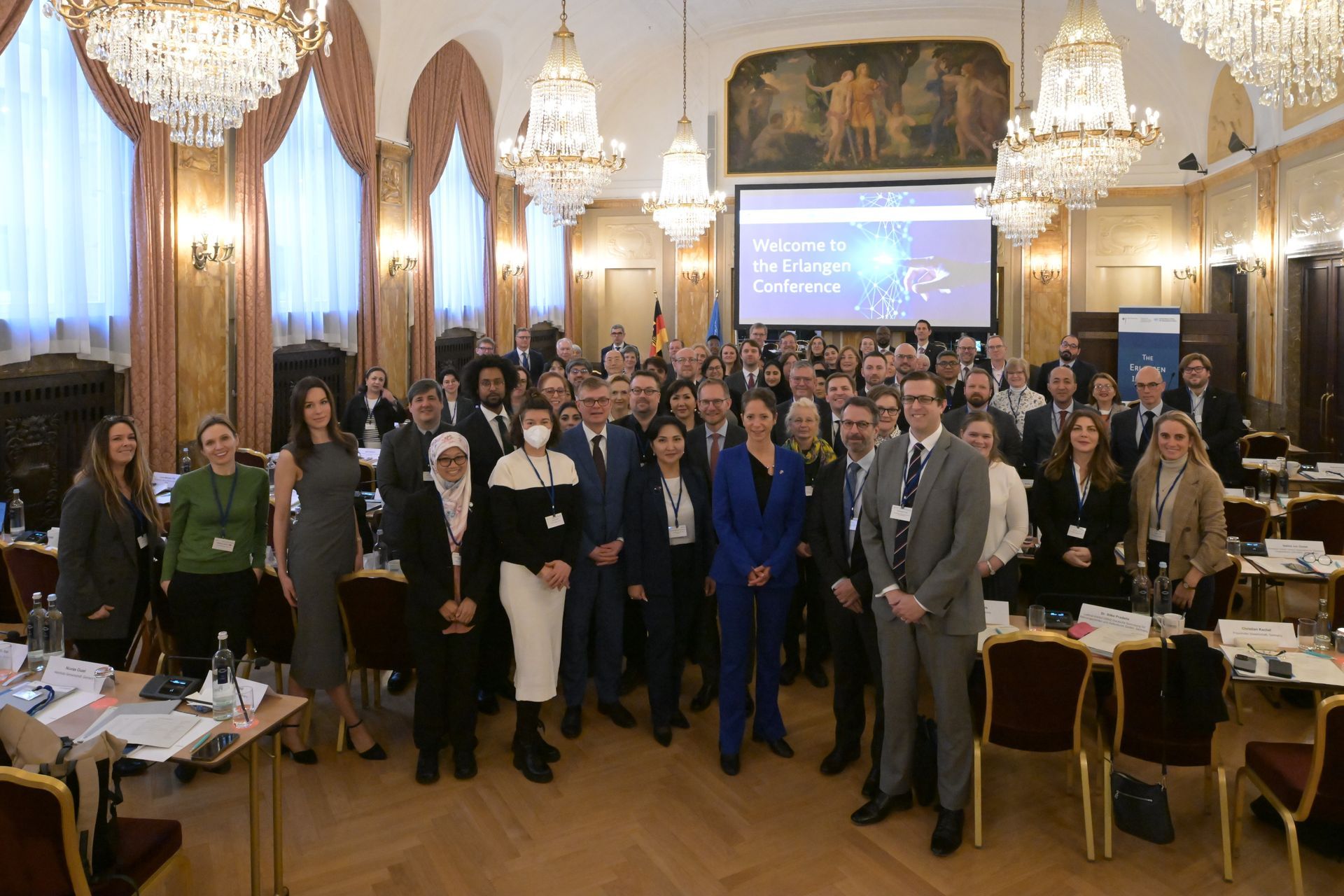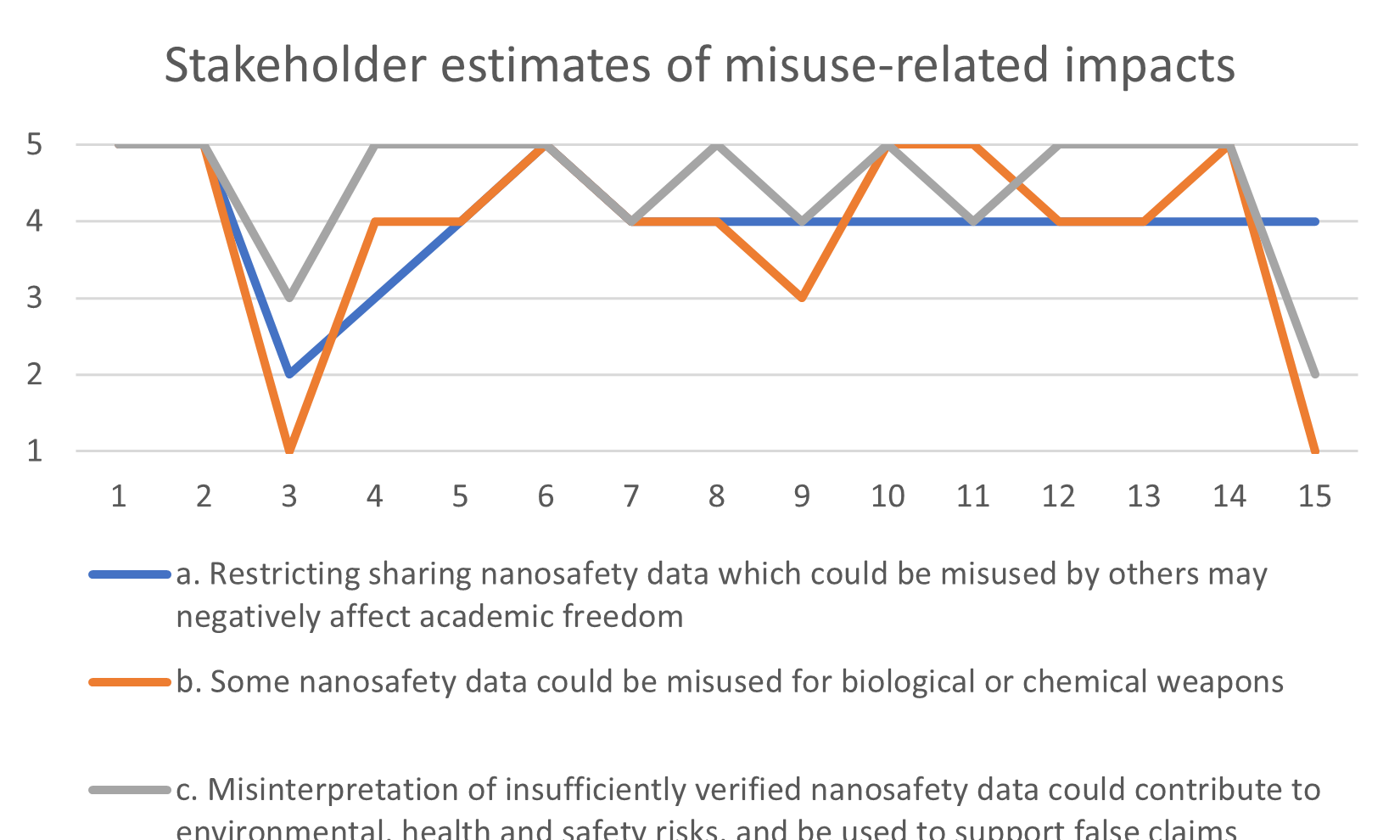Strengthen African-European cooperation in renewable energy
“African governments should invest more in capacity for renewable energy research in the continent,” ANSOLE-coordinator Daniel Ayuk Mbi Egbe urged during the Energy Conference 2021
As online participant, I chaired a roundtable on future African-European cooperation in renewable energy at this international conference featuring Renewable Energy and Digital Technologies for the Development of Africa on 18-19 November 2021 in Yaoundé, Cameroon. Along with the United Nations, both the African Union and the European Union aim to achieve the Sustainable Development Goals (SDGs) by 2030. Through the Green Deal, Europe also aims to be the first climate neutral continent by 2050. However, international cooperation with Africa and other developing countries is not integrated into the associated Climate Law. Under another heading, Research & Innovation Ministers from the African Union and European Union agreed in July 2020 on the Horizon Europe Africa Initiative, reserving 350 million euro for 40 projects with African partners in the 2021-2022 work programme. The relevance to African societal needs of the current and announced calls targeting renewables is not immediately obvious.
Currently, three types of African-European research cooperation exist: simple peer-to-peer collaboration between professors, institutional capacity building through international mobility schemes, and international triple helix partnerships. New intra-African mobility projects engaging east- and west-Africa could remediate the lack of qualified professors teaching renewable energy in some universities. Future African Union partnerships involving governments, academia and industry could be modelled after existing EU triple helix partnerships. In addition, ANSOLE, the African Union and European Union could form a partnership for renewable energy. Research jobs in renewable energy should be created in Africa, so talented young researcher will be able to find jobs and contribute to sustainable development at home.
Roundtable participants argued that Africa should invest in its own capacity building to catch up with more advanced continents. SDG 17 aims at a public-private partnership for the goals, but it will only be a true partnership if all partners contribute, and nobody just receives. Europe invests substantial resources in training and research in Africa, but the funding agencies may redefine their objectives unilaterally. Not all ‘green’ research projects address real problems. So far, few Africans have benefitted from grants, which could be improved by taking more time for preparing proposals. Participants did not conclude on a proposal where Africa should take the lead in more radical rather than incremental innovation, which would be easier than elsewhere since Africa was not tied into sunk investments in polluting industries.
Around 100 participants attended the conference in the Ministry of Research and Innovation in Yaoundé and online. During the closing ceremony, Daniel Egbe presented achievements of the African Network for Solar Energy since its founding in 2011, including the support offered to African students through ANSOLE fellowships. He gratefully acknowledged the support of the municipality of Utrecht under the subsidy scheme Utrecht4GlobalGoals, supporting a female PhD-student in Ghana working on her dissertation for the whole year 2022.
